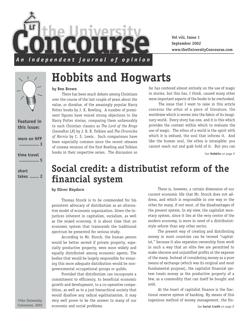The logic of love
by Michael Houser
I speak as the oldest of a family of ten whose parents have been teachers of NFP for over fifteen years. While I don’t think I’ve ever heard my parents advocate the “theoretical providentialist” view, I have “personal providentialism,” or at least a great joy in having a large family, in my bones. I must admit that while Mrs. van Schaijik’s article seems to accurately convey the teaching of the Church, and I don’t think I disagree with any of her specific claims about the ethics of NFP, I think that certain elements of her tone were rather harshly judgmental themselves. I guess I refer mainly to the language of “burdening” that she often uses. It seems to me that while she is willing to concede that the church has a “preferential love” for large families, she nonetheless implies that to hold up a large family as a model of generosity is in itself pharisaical. I guess I just have never felt that one who really loves could ever consider such a family burdensome.
I speak with a fair amount of passion here, because I remember very well my semester in Oxford, when my Protestant friends looked at me as if I had two heads when I told them I had nine brothers and sisters. The unspoken (or sometimes spoken)reaction was always:“That poor mother, trodden underfoot by the heel of legalistic Catholic morality.” NO, and a thousand times no! If the procreative dimension of marriage is as important as we believe it to be, a large family can only be cause for rejoicing in the abundance of life which God has bestowed on it. “Truly sons are a gift from the Lord, a blessing, the fruit of the womb! Indeed, the sons of youth are like arrows in the hand of a warrior!” (Ps. 127:3-4) Of course, the Church makes no moral requirements about family size, but it does seem—to my highly inexperienced eyes—that the inner logic of love would lead one to desire as much life as possible, and this not as a burden, but as a gift.
I don’t know if Mrs. van Schaijik would disagree with any of the above, but I couldn’t help feeling that her article left the impression that most large families are suffering under providentialist legalism, and I feel that one need not be a pharisee at all in order to affirm that more children is more desirable. I should also add that I’ve never met the sort of “default number” rhetoric which she refers to, and perhaps if I had, my view of providentialists would be different.
In any case, I would conclude by expressing my joy and thanksgiving to the Lord for every one of my nine brothers and sisters, most of whom far exceed our culture’s norm, but each of whom is an incommunicable person, a soul destined for Heaven. In the words of the founder of Regnum Christi, Marcial Maciel, whom I consider my own spiritual father: “We certainly cannot appeal to a supposed ‘right’ of a child yet to be begotten, for you have to exist to have rights. But the logic of love surpasses the narrow logic of legalism that bases everything on rights and duties. Man, with the whole universe at his service, had no ‘right’ to exist; but such was God’s love that he called him into existence. . . . This is the logic of love. It is also the logic of conjugal love.”
Michael J. Houser, FUS senior


